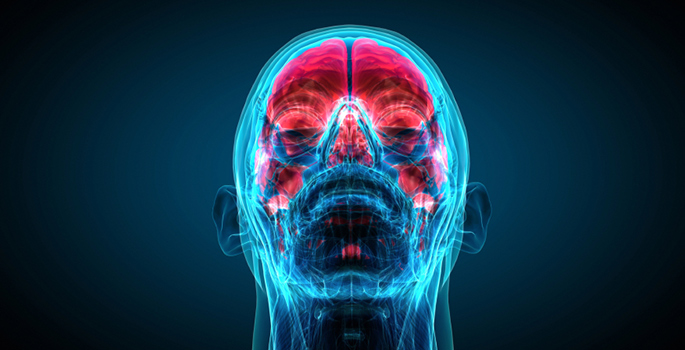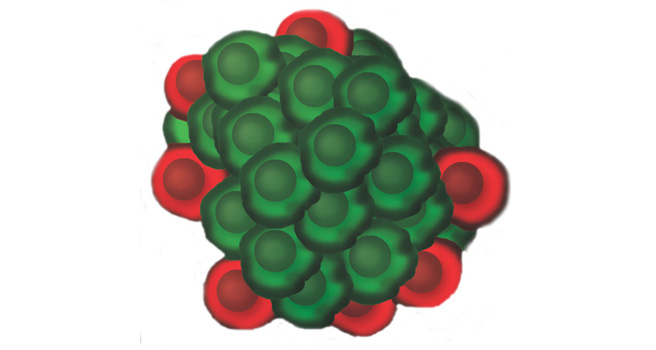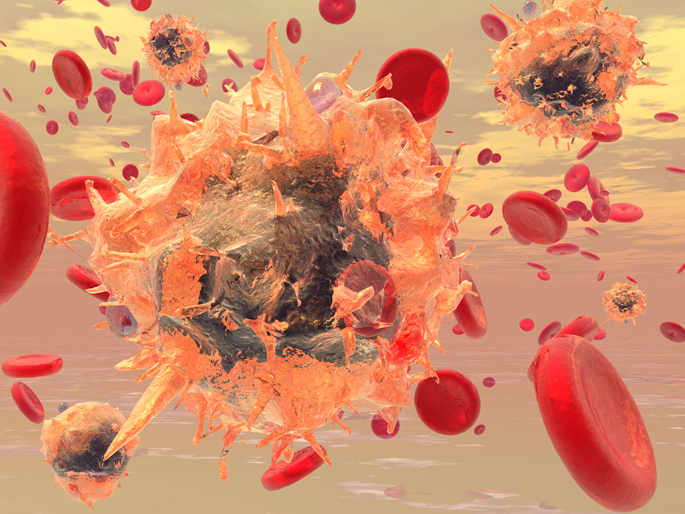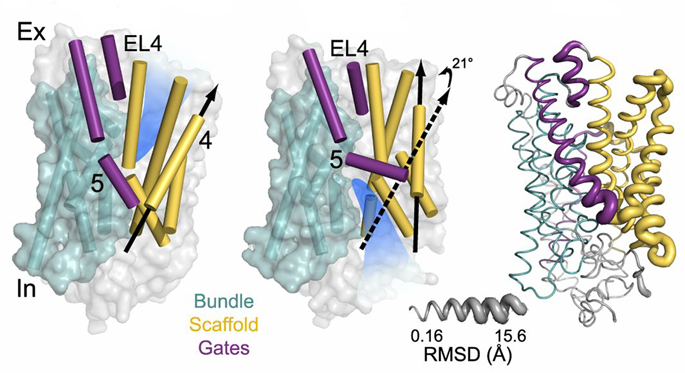Molecular Physiology And Biophysics
-

Study shows brain function differs in obese children
The brains of children who are obese function differently from those of children of healthy weight, and exhibit an “imbalance” between food-seeking and food-avoiding behaviors, researchers at Vanderbilt University Medical Center have found. Read MoreJan 21, 2016
-

Kenworthy to chair NIH biochemistry study section
Anne Kenworthy, Ph.D., professor of Molecular Physiology and Biophysics, has been named to a two-year term as chair of the Biochemistry and Biophysics of Membranes Study Section in the Center for Scientific Review of the National Institutes of Health (NIH). Read MoreDec 3, 2015
-

Symposium highlights 90th anniversary of Molecular Physiology and Biophysics
The Department of Molecular Physiology and Biophysics (MPB) will celebrate its 90th anniversary on Dec. 3 with a day-long symposium entitled “Mus musculus (Latin for lab mouse): What does the future hold?” Read MoreNov 24, 2015
-

Fighting type 2 diabetes with FGF1
The growth factor FGF1 induces the growth of new insulin-producing beta cells and may help treat type 2 diabetes. Read MoreNov 18, 2015
-

Immune cells and obesity
Understanding how macrophage immune cells accumulate in fat tissue and contribute to the pathology of obesity could lead to the development of novel therapeutics for metabolic disorders. Read MoreSep 8, 2015
-

New therapeutic target for diabetes
The factor FoxM1 increases the proliferation and function of insulin-producing beta cells, making it an attractive therapeutic target for diabetes. Read MoreAug 20, 2015
-

In a zebrafish’s eye
Vanderbilt investigators demonstrate that a certain eye lens protein is evolutionarily conserved between zebrafish and rat, suggesting that zebrafish can be used as a model system to understand eye lens disorders such as cataracts. Read MoreJul 29, 2015
-

Signals of schizophrenia
Vanderbilt researchers have discovered a possible molecular mechanism of schizophrenia that could lead to new treatments for the disorder. Read MoreJul 9, 2015
-

A “CRISPR” way to study disease
Using revolutionary CRISPR technology, Vanderbilt investigators have developed a fast and simple method to simultaneously turn off multiple genes in order to study complex diseases. Read MoreJun 11, 2015
-

Boosting beta cells in diabetes
New findings suggest that it might be possible to treat diabetes by regenerating insulin-producing beta cells in the pancreas. Read MoreApr 20, 2015
-

New player in heart cell growth
Vanderbilt researchers have identified a new protein involved in heart cell growth, which could improve understanding of pathologic cardiac hypertrophy. Read MoreApr 6, 2015
-

Study reveals salt’s role in infection control
Researchers at Vanderbilt University and in Germany have found that sodium — salt — accumulates in the skin and tissue in humans and mice to help control infection. Read MoreMar 5, 2015
-

Tiny model of diabetes
Vanderbilt University researchers have created a zebrafish model of skeletal muscle insulin resistance that could help improve diabetes treatment. Read MoreFeb 20, 2015
-

Immune response depends on force
New studies explain how T-cell receptors use force to recognize and protect us against pathogens. Read MoreJan 26, 2015
-

Beta cell link to fasting glucose
New findings explain why variation in a particular gene is the most important determinant of fasting blood glucose levels in humans. Read MoreJan 22, 2015
-

Peptide quells “genomic storm”
A cell-penetrating peptide developed at Vanderbilt blocks the signaling pathways that lead to lethal shock caused by bacterial infection. Read MoreOct 28, 2014
-

New view of transporter dynamics
New insights to the workings of a protein that moves neurotransmitters across the nerve cell membrane could aid the design of more effective antidepressants. Read MoreOct 23, 2014
-

Seizure mutation impairs receptor
Defects in the production of certain receptors are linked to the pathogenesis of genetic epilepsies and fever-induced seizures. Read MoreSep 30, 2014
-

Biomarker for diabetic eye disease
A person’s mitochondrial gene “signature” could predict risk for diabetic retinopathy and guide early intervention strategies. Read MoreSep 26, 2014
-

Reversing stress-induced anxiety
Augmenting the signals of natural “endocannabinoids” in the brain may be a promising approach for treating mood and anxiety disorders. Read MoreJul 21, 2014